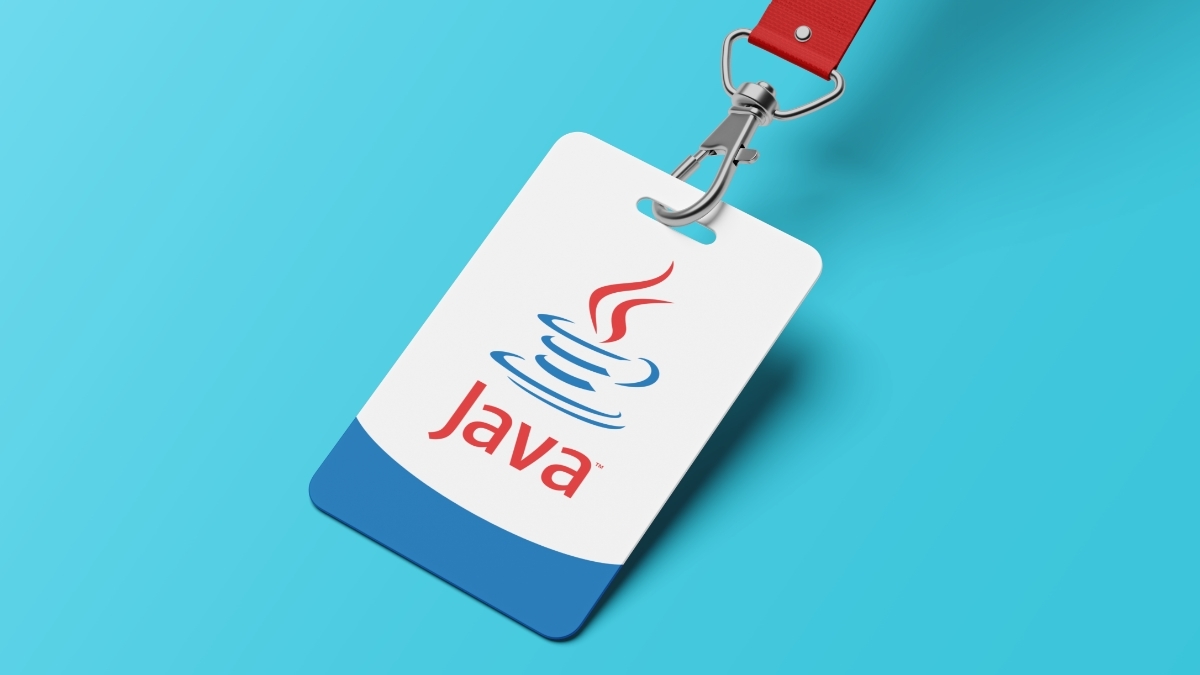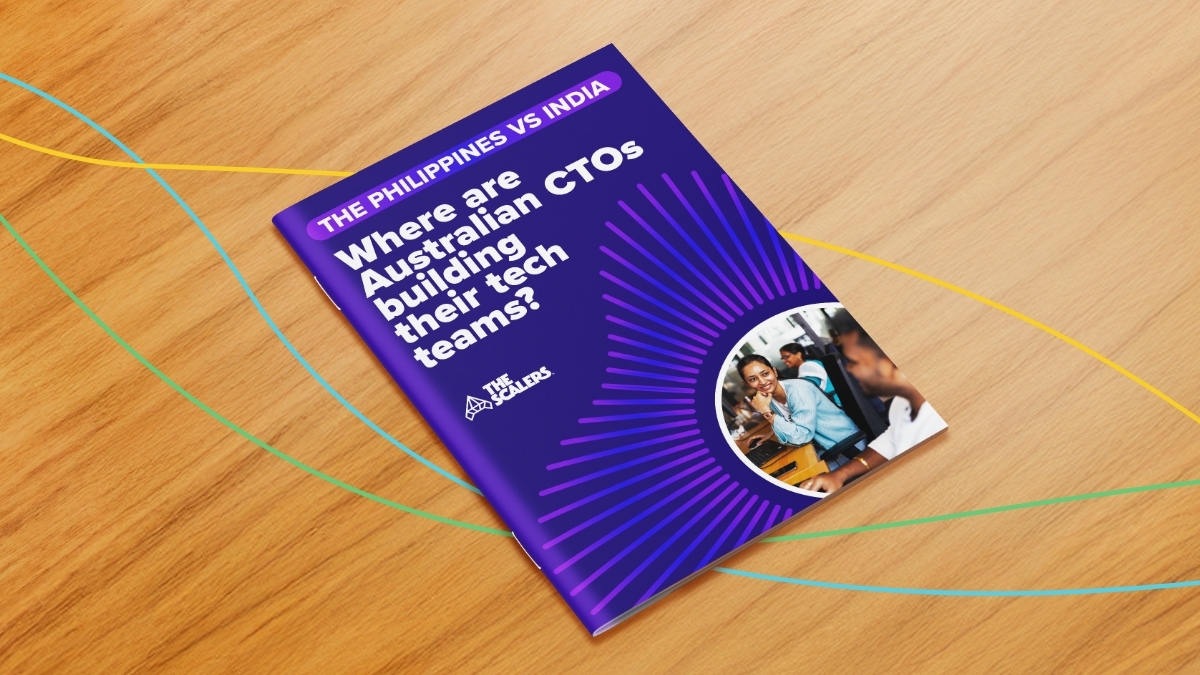The 3 key components of employee engagement

Many organisations underestimate the impact of employee engagement.
And they’re making a mistake because of it.
Engaged employees can be an invaluable asset in driving success and cultivating a positive workplace culture. But how can you — as a reputed business leader — foster a sense of belonging and dedication in your company?
In this article, we’ve listed the three essential components of employee engagement you need to support and maintain a passionate, committed, and inspired workforce.
Our research is based on our experience building 70+ highly engaged and dedicated tech teams for organisations of all sizes and industries.
We hope you find it helpful!
What are the components of employee engagement?
The components of employee engagement refer to the essential elements that contribute to creating a happy and involved workforce within an organisation.
These include:
- A healthy work-life balance.
- Chances to learn and grow.
- A welcoming environment.
- Recognition for hard work.
- Smooth communication.
- Clear job expectations.
- Regular feedback.
- Good benefits.
When these factors are in place, employees are more likely to be satisfied and engaged.
While we could discuss each of them, we’ve decided to group them into three large categories.
The 3 key elements of employee engagement
You should consider three elements to improve employee engagement in your organisation: leadership, rewards and recognition, and professional growth.
1. Leadership
The first component of employee engagement is leadership, and it’s no wonder why. According to a study by Gallup, managers account for roughly 70% of the variance in employee engagement scores across business units.
One of the critical responsibilities of a leader is to provide team members with the direction and guidance to set and achieve objectives. Not only to boost productivity but also engagement.
Indeed, a report states that 56% of employees say clear goals engage them most at work.
Another aspect companies tend to overlook is constructive feedback.
Managers seem to boast about building trust in their teams by practising active listening and giving helpful advice. The reality is that they’re usually just playing for the gallery and don’t (really) encourage a two-way conversation.
And they should, especially if they want to engage and retain top talent. Employees who say their employer takes meaningful action on their feedback are 37% less likely to job hunt.
The infographic below shows how senior management is the third top reason people quit their jobs. This suggests improving leadership skills can help cultivate a positive employee experience.
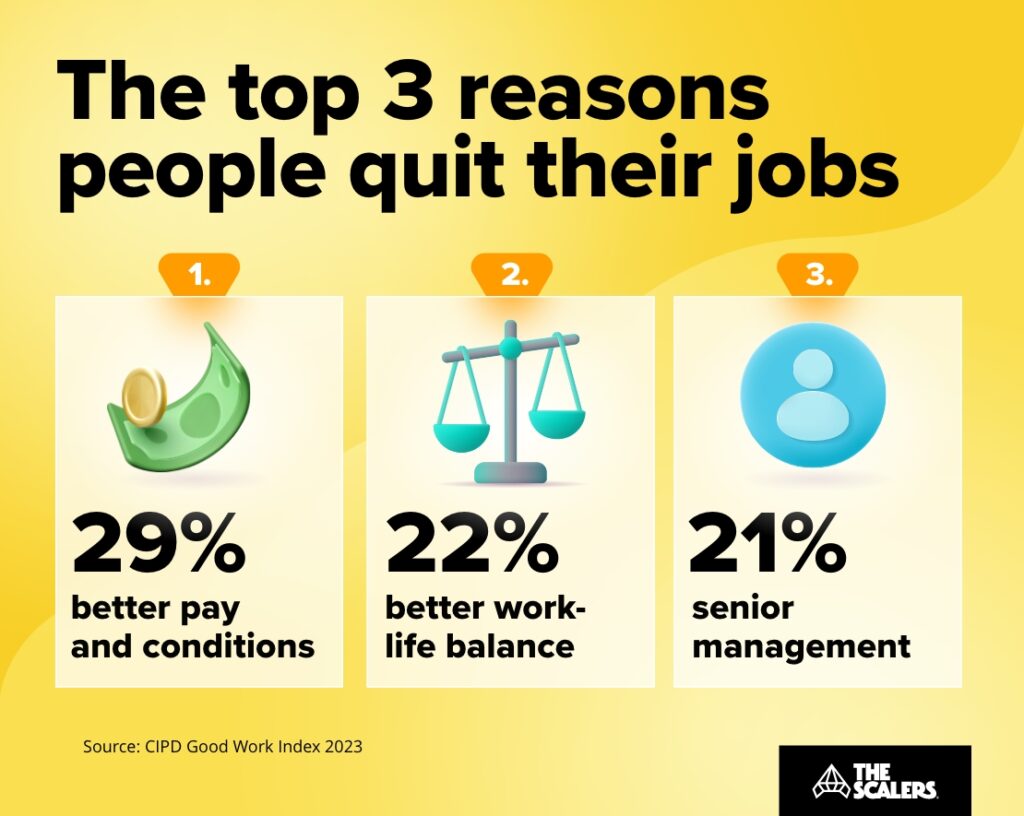
How to be a good leader?
A responsible and skilled leader should aim for the following:
- Building a healthy and meaningful relationship with the team.
- Creating a culture of accountability.
- Promoting open communication.
- Inspiring motivation.
- Supporting ideas.
By applying these principles, you can enhance employee engagement levels.

Discover how to scale development teams in 2023 and beyond
DOWNLOAD EBOOK2. Rewards and recognition
To explain how rewards and recognition can impact employee engagement, we’ll share an insightful study conducted by a New York state hospital.
As recorded in this journal article, the centre placed warning signs at hand sanitiser stations and live video monitors urging employees to sanitise their hands.
The results? Only 10% of the employees complied. However, when the monitors were replaced with electronic systems that praised employees for washing their hands every single time, the compliance rate rose to 90%.
This is the perfect example of what recognition and rewards can do for an organisation.
When you appreciate employees’ efforts, they are motivated to work harder and achieve more. Similarly, rewarding teams help build cooperation and boost teamwork.
A recent survey shows that 3 in 4 workers would be more productive if they received more frequent praise.
How can you reward employees’ exceptional contributions?
If you want your employees to be engaged, start by building a recognition programme that reflects your company’s core values, culture, and beliefs.
To uplift team spirits, you can use different approaches like ‘Employee of the Month’ awards, thank-you gift cards, or casual after-work gatherings with free drinks. The main idea is to let your teams know their efforts are noticed and appreciated.
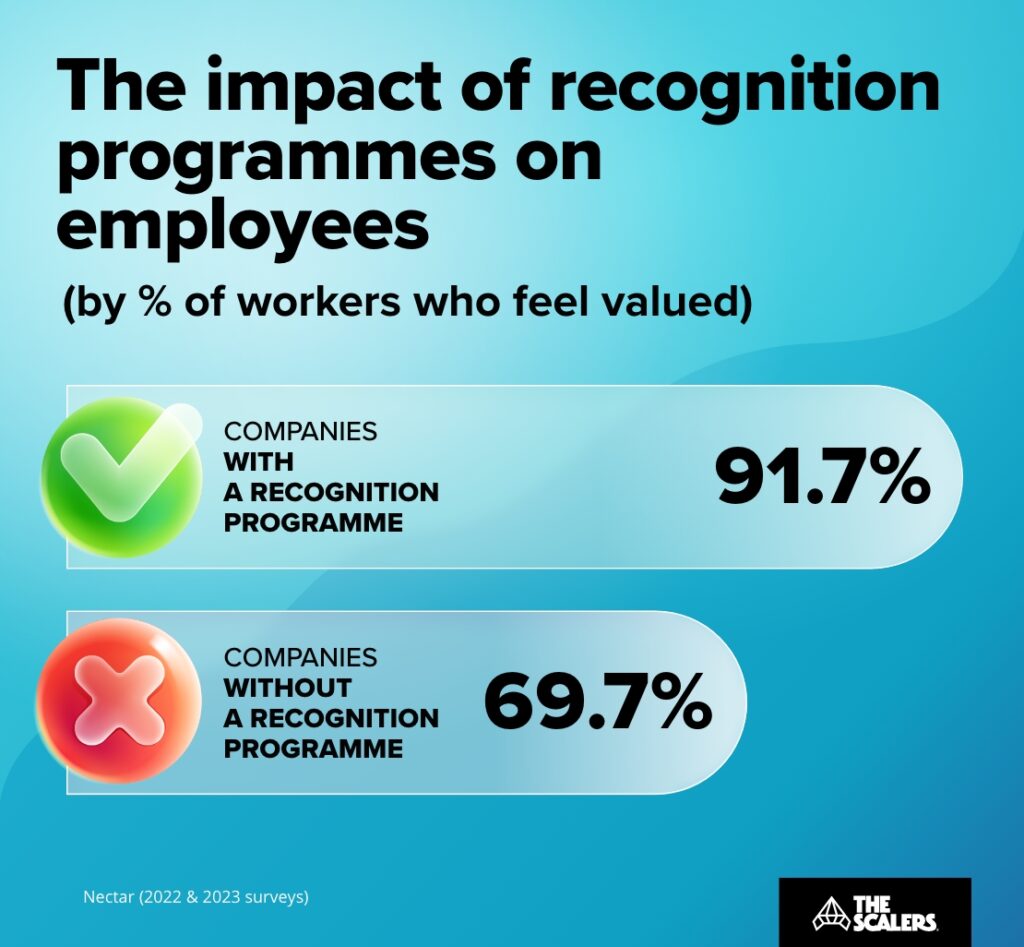
3. Professional growth
Besides recognition, employees want to learn and upskill to thrive in their roles.
The problem is that companies don’t always prioritise workers’ professional growth.
According to LinkedIn’s Workplace Learning Report 2023, employees’ number 1 motivation to learn is to progress toward career goals. The survey also says that 40% of companies are still in the early stages of upskilling/reskilling, meaning learning and professional development programmes aren’t (that) important for businesses.
These statistics prove that professional growth is essential to employee engagement — as employees demand it — and it’s often ignored.

How can you foster professional development?
One of the main challenges CTOs face is finding the right talent.
But the challenges don’t stop there. Once they’ve built a world-class tech team, they should consider investing in employee development to help engineers learn new skills and keep motivation up.
As a tech leader, you can provide training, mentoring, certification courses, and access to regional conferences. You can also introduce new projects and responsibilities that push them out of their comfort zone — allowing them to upskill.
The illustration below shows that employees prefer ‘learning by doing’ training and coaching sessions rather than webinars or reading materials.
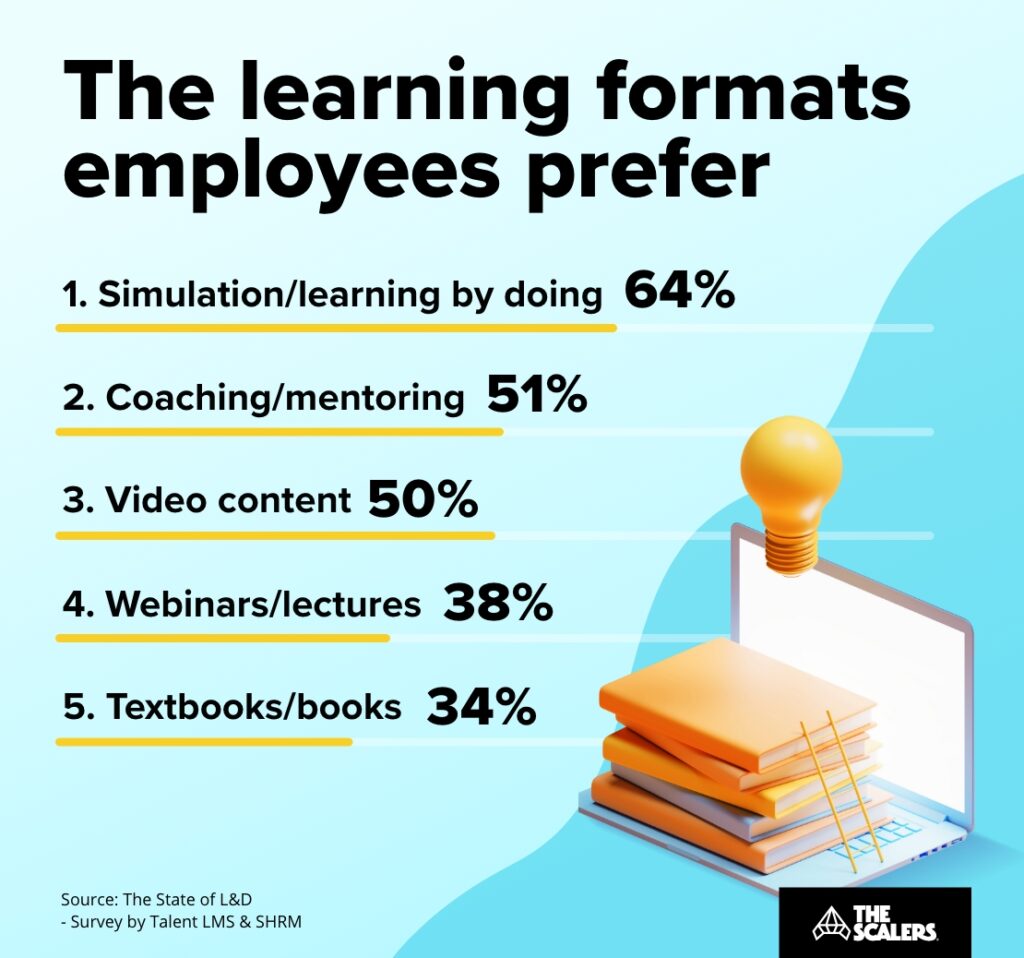
Final thoughts: The 3 key components of employee engagement
If you’ve read this far, you already know what are the key elements of employee engagement and how to address them.
Focusing on how you guide, appreciate good work, and support employees’ growth is crucial for a happy and dedicated workforce.
When you get these basics right, you’re not just checking boxes: you’re investing in a motivated, engaged, and ready team to bring success. It’s not just about work but about building a workplace where everyone feels valued and excited to contribute.

This article has given you strategies to engage employees, but perhaps you’re looking for something else.
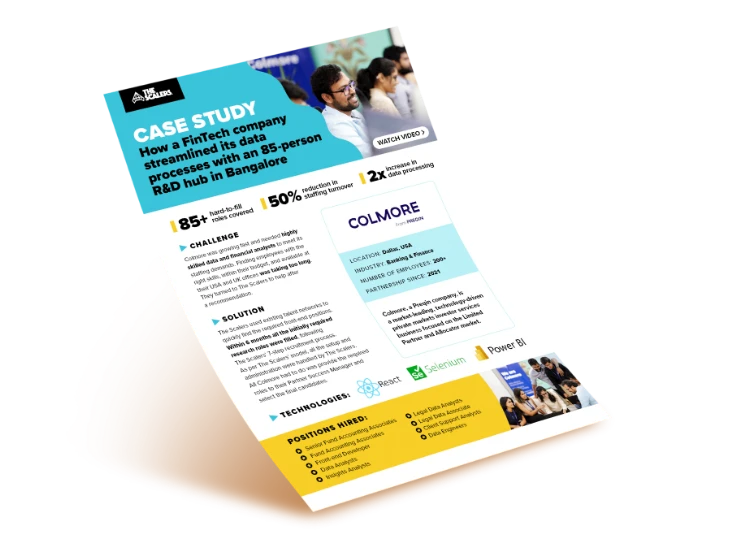
How we helped a FinTech scale its data insights team to an 85-person R&D hub in Bangalore
DOWNLOAD CASE STUDYLike building a fully integrated and engaged global development team.
In that case, we’re here to help. At The Scalers, we assist companies in building, extending, and scaling tech teams with top talent in Bangalore, India.

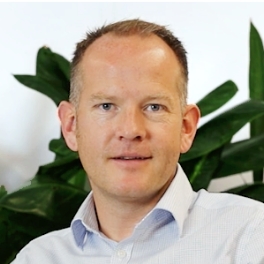
If you’re interested in learning more about our unique offshoring model, feel free to reach out to us by filling out the contact form. One of our senior executives will get back to you within 24 hours.






